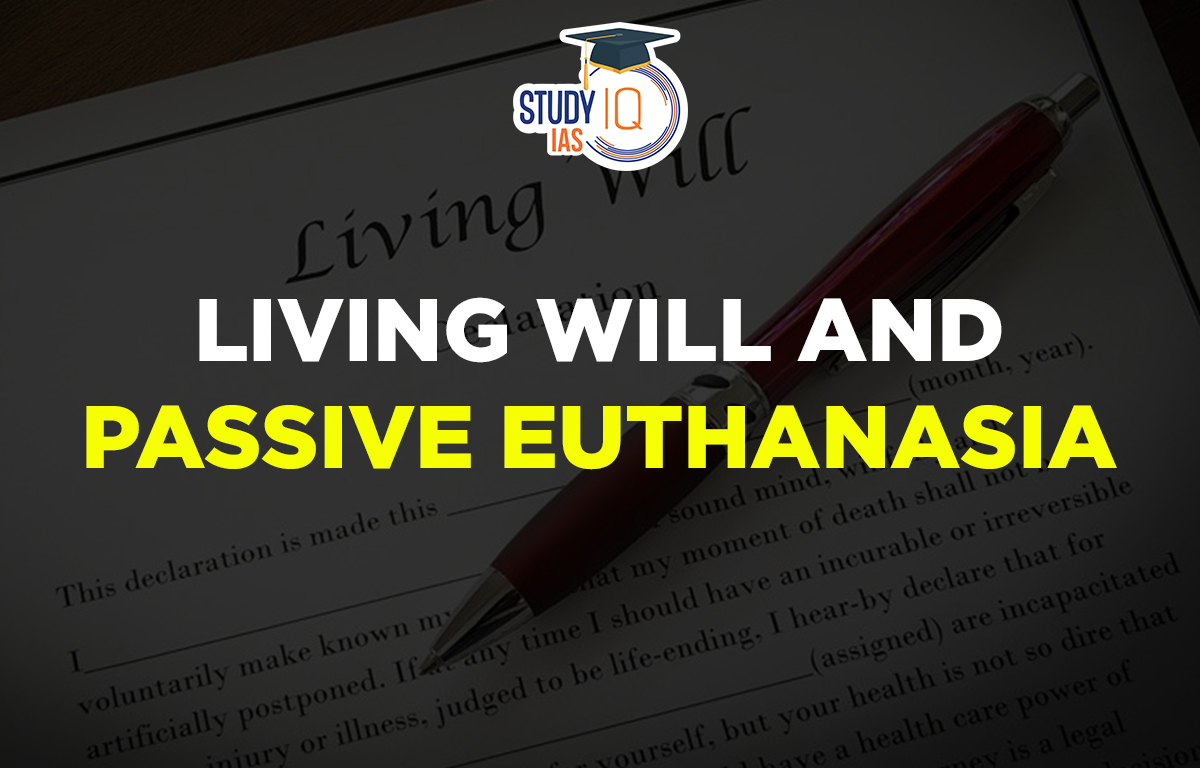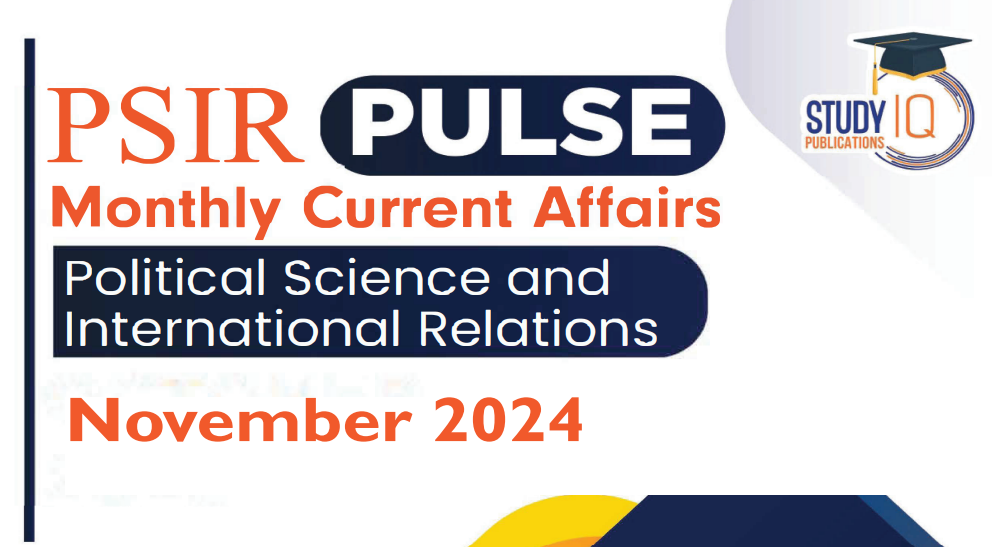Table of Contents
Context: Recently, the Supreme Court of India simplified the rules on passive euthanasia in cases of terminal illness.
About Euthanasia
- It refers to the practice of an individual deliberately ending their life, oftentimes to get relief from an incurable condition, or intolerable pain and suffering.
- Euthanasia, which can be administered only by a physician, can be either ‘active’ or ‘passive’.
- Active Euthanasia: It involves an active intervention to end a person’s life with substances or external force, such as administering a lethal injection.
- Passive Euthanasia: It refers to withdrawing life support or treatment that is essential to keep a terminally ill person alive.
- Advance Medical Directives (AMD) or ‘living will’ allows a person to choose how he or she dies under certain medical conditions.

Supreme Court Judgement
- Background: Supreme Court in Common Cause vs. Union of India & Anr, 2018, allowed passive euthanasia.
- It recognised the living wills of terminally-ill patients who could go into a permanent vegetative state and issued guidelines regulating this procedure.
Prerequisites to opt for Withdrawal of Life-Supporting Treatment
- Living Will: A person having a ‘living will’ or a written document that specifies what actions should be taken if the person is unable to make their own medical decisions in the future.
- In case a person does not have a living will, members of their family can make a plea before the High Court to seek permission for passive euthanasia.
- Three-Tier Structure: Under the guidelines, foregoing life support involved a three-level system of oversight —
- an internal medical board for a preliminary opinion,
- A board constituted by the District Collector,
- Physical verification by a judicial magistrate.
- Concern with the 2018 Judgment:
- Complex And Cumbersome Process: In the five years since the judgment, no family of a terminally ill patient has benefited from it.
- Time Sensitivity Of Matter: norms did not take into account the fact that most decisions in intensive care units (ICUs) are required to be made under time pressure.
- Hospitals exploit the kin of patients financially by deliberately keeping terminally ill patients on life support, even though they are beyond any chance of recovery.
Highlight of Changes done by Supreme Court in 2023
- Two-tier Process: SC has removed the clause that required the permission of a judicial magistrate to forego life support.
- Review board will also be approved by the chief medical officer instead of the district magistrate.
- Constitutes of primary board has been changed from at least four experts from general medicine, cardiology, neurology, nephrology, psychiatry or oncology with an overall 20 years of experience to three experts including the treating physician and two doctors with specialties and five years of experience.
- On Living Will: In 2018 Judgement, only a judicial magistrate could attest or countersign a living will, which would remain with the district court.
- However, living will can now be signed by the executor in the presence of two attesting witnesses, preferably independent, and attested before a notary or gazetted officer instead of a judicial magistrate.
- Time Bound Decision: 2018 judgement made no mention of any stipulated time within which a decision had to be made.
- Now, a secondary board must immediately be constituted by the hospital and the primary / secondary board must arrive at a decision within 48 hours on withdrawal of further treatment.
- Both boards will now be constituted by the hospital itself, removing the role of the collector.

Different Countries, Different Laws on Euthanasia
- Netherlands, Luxembourg, and Belgium allow both euthanasia and assisted suicide for anyone who faces “unbearable suffering” that has no chance of improvement.
- Switzerland bans euthanasia but allows assisted dying in the presence of a doctor or physician.
- Canada had announced that euthanasia and assisted dying would be allowed for mentally ill patients by March 2023; however, the decision has been widely criticised, and the move may be delayed.
- United States has different laws in different states. Euthanasia is allowed in some states like Washington, Oregon, and Montana.
- United Kingdom considers it illegal and equivalent to manslaughter.


 Coconut Oil Taxation in India
Coconut Oil Taxation in India
 India-made Solar Photovoltaic (PV) Cells...
India-made Solar Photovoltaic (PV) Cells...
 Tree Census: Supreme Court Ruling on Tre...
Tree Census: Supreme Court Ruling on Tre...




















